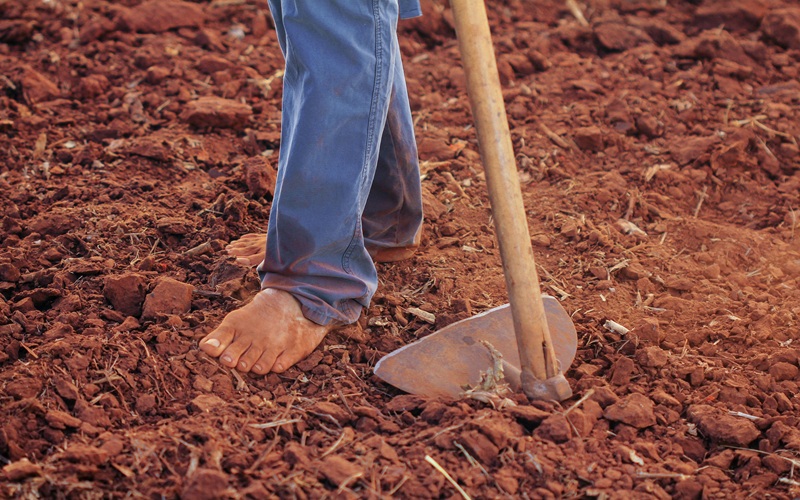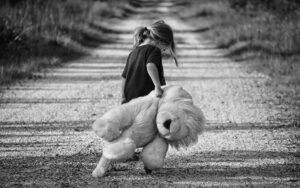There used to be music in the air.
Not the kind that plays on speakers now—loud, boastful, echoing stories that never happened. No, this was something softer. Older. It slipped out of the cracks of a harmonium in the corner of a room. It rose with the steam from a cup of chaa shared between neighbours. It lived in the lullabies grandmothers sang from memory, not recordings.
Now, I hear something else. Something louder, but emptier. A noise that fills space but not spirit. The land still looks the same in parts—green, restless, proud—but something fundamental has changed. Something that once held it all together, invisibly but powerfully, seems to have come undone.
And maybe, no one noticed when it started to fall apart.
The Land That Once Raised People
Punjab didn’t just raise bodies. It shaped character. It moulded you.
There was an unspoken syllabus here once. You were taught respect not through rules, but through the way your father greeted the postman, the way your mother folded her hands before a meal. You were taught endurance not through sermons, but through the calluses on your grandfather’s hands—earned in silence, worn with pride.
Even the soil had a code. It asked for your sweat, but gave you roots in return. People knew their neighbours. Not just their names, but their joys and griefs. Elders weren’t ornaments—they were anchors. And the self was always seen in relation to the whole. What you did, said, wore, gave—everything reflected the community you came from.
There was a dignity in that. A rhythm. A belonging.
But rhythms can be broken. And now, many are.
What Changed Wasn’t Just Culture. It Was the Kind of People We Became.
It didn’t happen all at once. Punjab didn’t wake up one day forgetting itself. The forgetting came slowly—like mist creeping over memory.
First came the migration. A necessary act, for many. But as planes left, they carried not just people, but their sense of place. Stories that once stayed in the walls of village homes now float rootless in WhatsApp forwards, if at all. Children born abroad speak a version of Punjabi that sounds like it’s trying to remember its own vowels.
Then came the new music—rhythms that thump, but no longer ache. Where once we had Shiv Kumar Batalvi, we now have men on stages miming pain they’ve never lived, or flashing wealth as if it’s personality. Pain used to be poetry here. Now it’s merch.
The shift wasn’t just external. We stopped listening to the land, too. The mitti that once made us kneel now gets paved over for factories or polished homes built on remittances. We stopped asking questions that mattered: not “How much will I earn?” but “What kind of person am I becoming?”
And the answers, increasingly, are hard to face.
The Loss You Can’t Measure
It’s easy to track what we’ve gained—money, influence, mobility. But what we’ve lost? That’s harder to chart. Because what’s vanishing isn’t always visible.
We are losing the pause before a shabad begins.
The knowing smile between generations who’ve heard the same qissa a hundred times.
The way old men once wept while talking about freedom, not fame.
The silence in a gurdwara that felt like being held by something bigger than yourself.
We’re losing not just culture—but the emotional intelligence it raised in us. The kind that didn’t need to prove itself, because it was already enough.
And what replaces it feels… thinner. Flashier, louder, but hollow at the core. It’s not that traditions are dying. It’s that fewer people remember why they mattered in the first place.
Maybe the Best Days Are Behind Us
We like to believe that things are cyclical. That what’s lost can be found again. That one day, the fields will sing once more, and our children will understand the weight of a land that once built giants.
But what if that’s just a story we tell ourselves?
What if Punjab—the Punjab that raised people, not performers—is already behind us? What if the best days weren’t waiting ahead, but are now buried quietly in the sighs of our elders, in abandoned havelis, in the dust of folk songs no one plays anymore?
What if we are the last ones to remember what it felt like to belong to something that asked nothing of us but presence?
Maybe the fields still hold the stories—but no one kneels long enough to hear them.
Maybe the temples still echo wisdom—but we’ve forgotten how to be quiet.
Maybe the elders still carry the code—but they’ve given up trying to pass it down.
Maybe the land tried calling us back—but we were too busy to listen.
Maybe we are the last generation who will remember what it meant to be shaped by something greater than ambition.
The land still exists. The map still spells out its name. The fields still bloom in seasons.
But the soul—the soul that once forged steel-spined, poetry-hearted people—feels like it’s slipping into something quieter.
Not silence.
Just absence.
And maybe, that’s the most devastating part.
That no one’s mourning loud enough to notice it’s gone.



